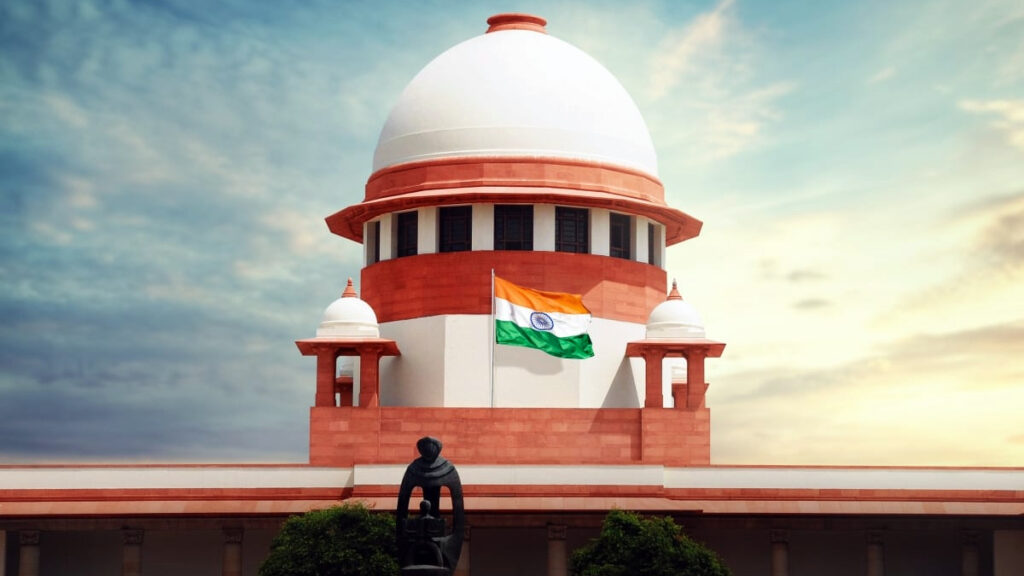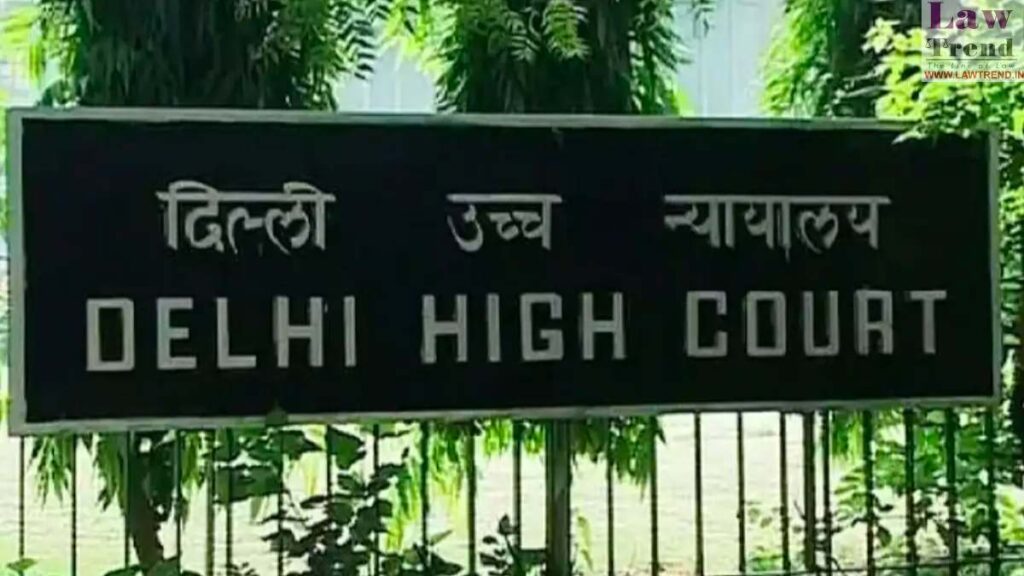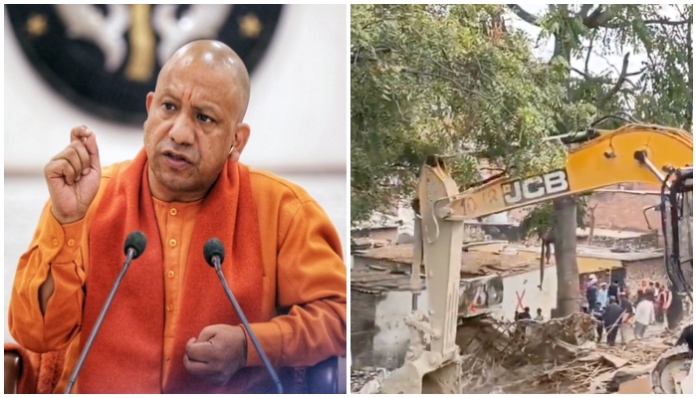
Supreme Court Acquits Accused in Kidnapping Case: Analysis of Legal Ruling
Last Updated on February 28, 2024 by News Desk
Introduction:
In a recent ruling, the Supreme Court of India acquitted an accused individual charged under Section 364A of the Indian Penal Code (IPC), pertaining to kidnapping for ransom. The decision stemmed from the prosecution’s failure to establish a crucial aspect of the offense, prompting a detailed analysis by the bench comprising Justices Abhay S. Oka and Ujjal Bhuyan.
Issue:
The central legal question revolved around whether the prosecution adequately proved the elements of Section 364A of the IPC, particularly regarding the immediate threat of death or harm to the kidnapped individual.
Rule:
Under Section 364A of the IPC, two key elements must be established by the prosecution to secure a conviction: first, the act of kidnapping or abduction, and second, the accompanying threat of death or injury to the victim.
Analysis:
The prosecution contended that the accused demanded a ransom for the release of the kidnapped child and asserted that this demand created a reasonable apprehension in the parents’ minds regarding the safety of their child. However, upon examination of witness testimonies, including those of the victim and parents, the court found insufficient evidence linking the ransom demand and threat to the accused.
Conclusion:
Consequently, the Supreme Court determined that the prosecution failed to establish the essential elements of Section 364A, leading to the acquittal of the accused on that charge. However, the court upheld the conviction for the lesser offense of kidnapping under Section 361 of the IPC. Given that the accused had already served the maximum sentence for this offense, the court ordered their immediate release from custody.
In essence, the ruling underscores the importance of stringent evidentiary standards in criminal cases, particularly those involving serious charges like kidnapping for ransom. While the prosecution must prove each element of the offense beyond a reasonable doubt, the judiciary plays a critical role in safeguarding the rights of the accused and ensuring a fair trial process.
Written by — Athi Venkatesh AVD




